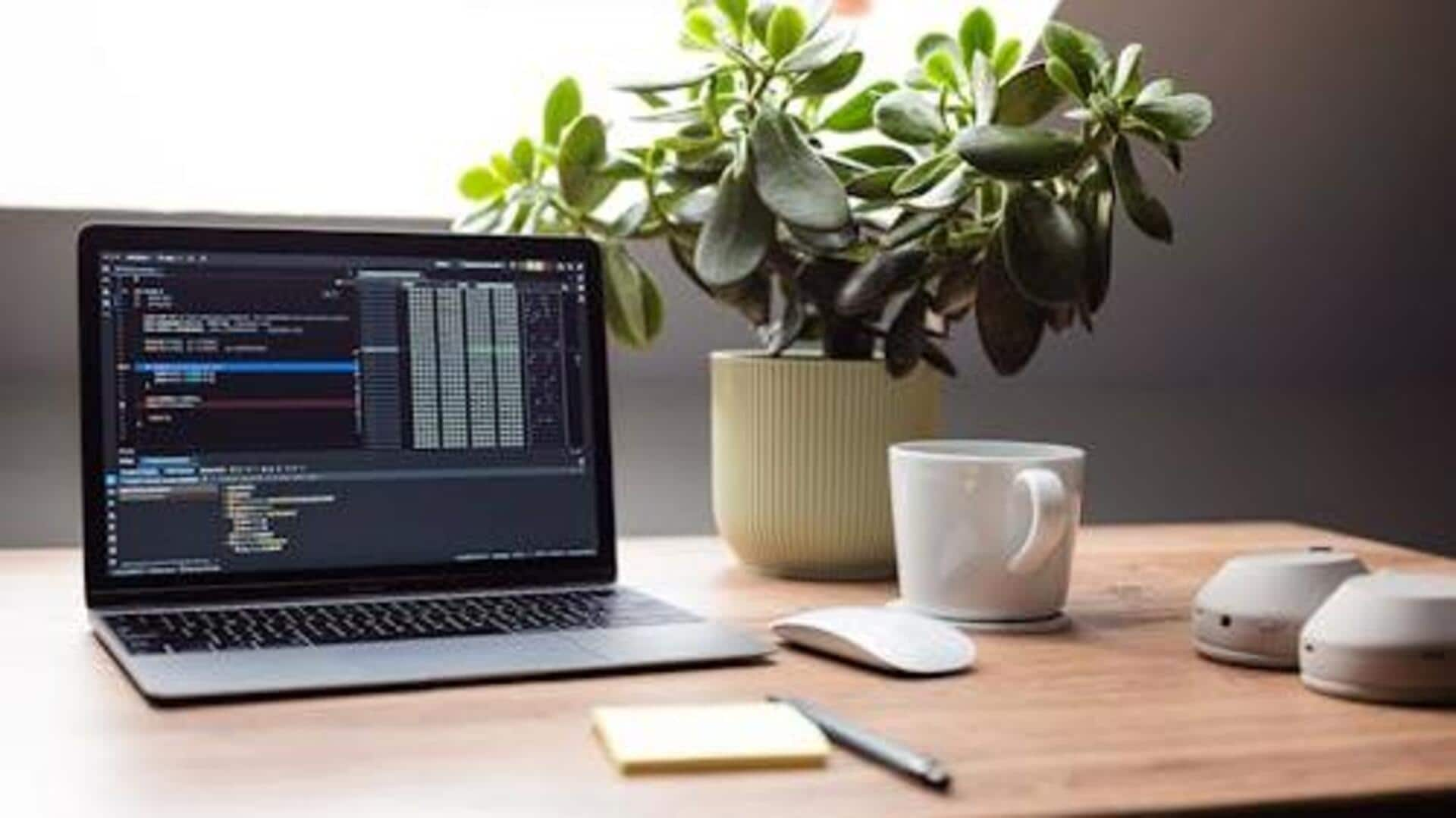
Reset your lifestyle with these minimalist habits
What's the story
In today's fast-paced world, the concept of minimalism has gained traction as a means to simplify life and reduce stress. For beginners, adopting minimalist habits can be a gradual process that leads to significant changes over time. These habits focus on decluttering both physical and mental spaces, allowing individuals to focus on what truly matters. Here are five beginner-friendly minimalist habits that can help reset your lifestyle effectively.
Tip 1
Declutter your space regularly
Regularly decluttering your space is key to a minimalist lifestyle. Start with one room or area at a time and go through your belongings methodically. Keep only those items that serve a purpose or hold sentimental value. This practice not only clears physical space but also mental clutter, making it easier to focus on daily tasks without distractions.
Tip 2
Limit digital distractions
Digital distractions can be just as overwhelming as physical ones. Start by organizing your digital files into folders and deleting unnecessary apps from your devices. Set specific times for checking emails and social media to avoid constant interruptions throughout the day. By limiting digital distractions, you create more room for productive activities and mindful living.
Tip 3
Simplify your wardrobe
A simplified wardrobe also means less decision fatigue in the morning. Consider adopting a capsule wardrobe with versatile pieces that can be mixed and matched easily. This not only reduces clutter but also encourages mindful consumption when it comes to clothing choices.
Tip 4
Practice mindful spending
Mindful spending is all about being intentional with your purchases instead of making impulsive decisions. Before buying anything new, ask yourself if it adds real value or joy to your life. Creating a budget can help track expenses and identify areas where you can cut back without sacrificing quality of life.
Tip 5
Prioritize quality over quantity
Prioritizing quality over quantity means choosing high-quality items that last longer than cheaper alternatives that need frequent replacement. This habit extends beyond material possessions into experiences as well—opt for meaningful experiences over superficial ones that don't contribute much toward personal growth or happiness in the long run.